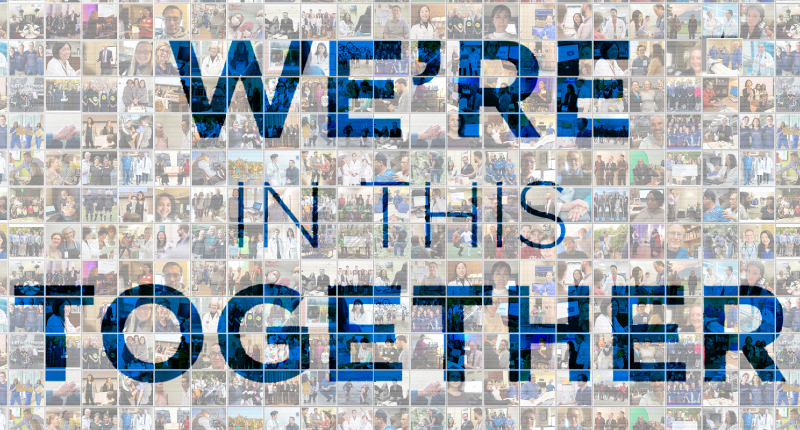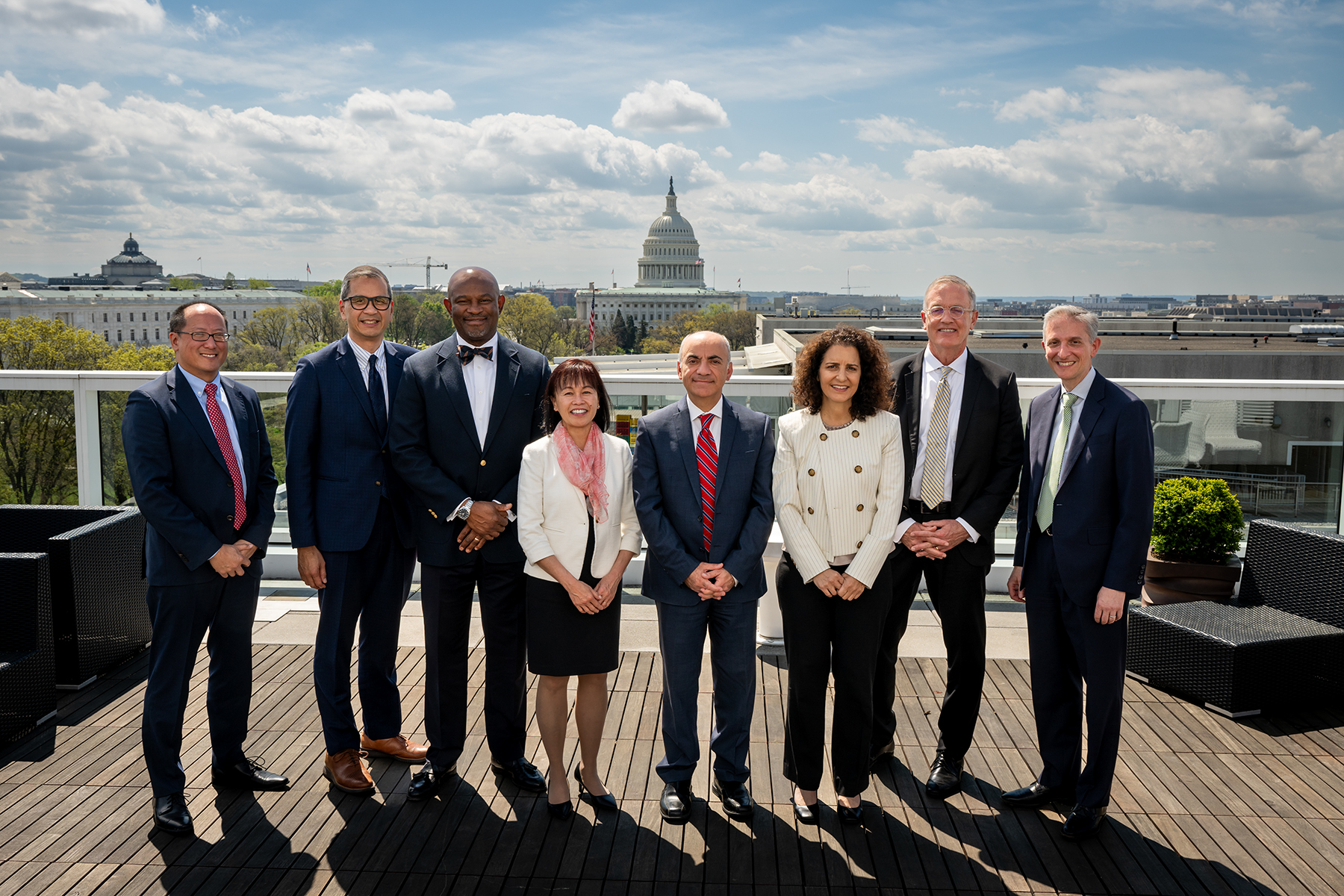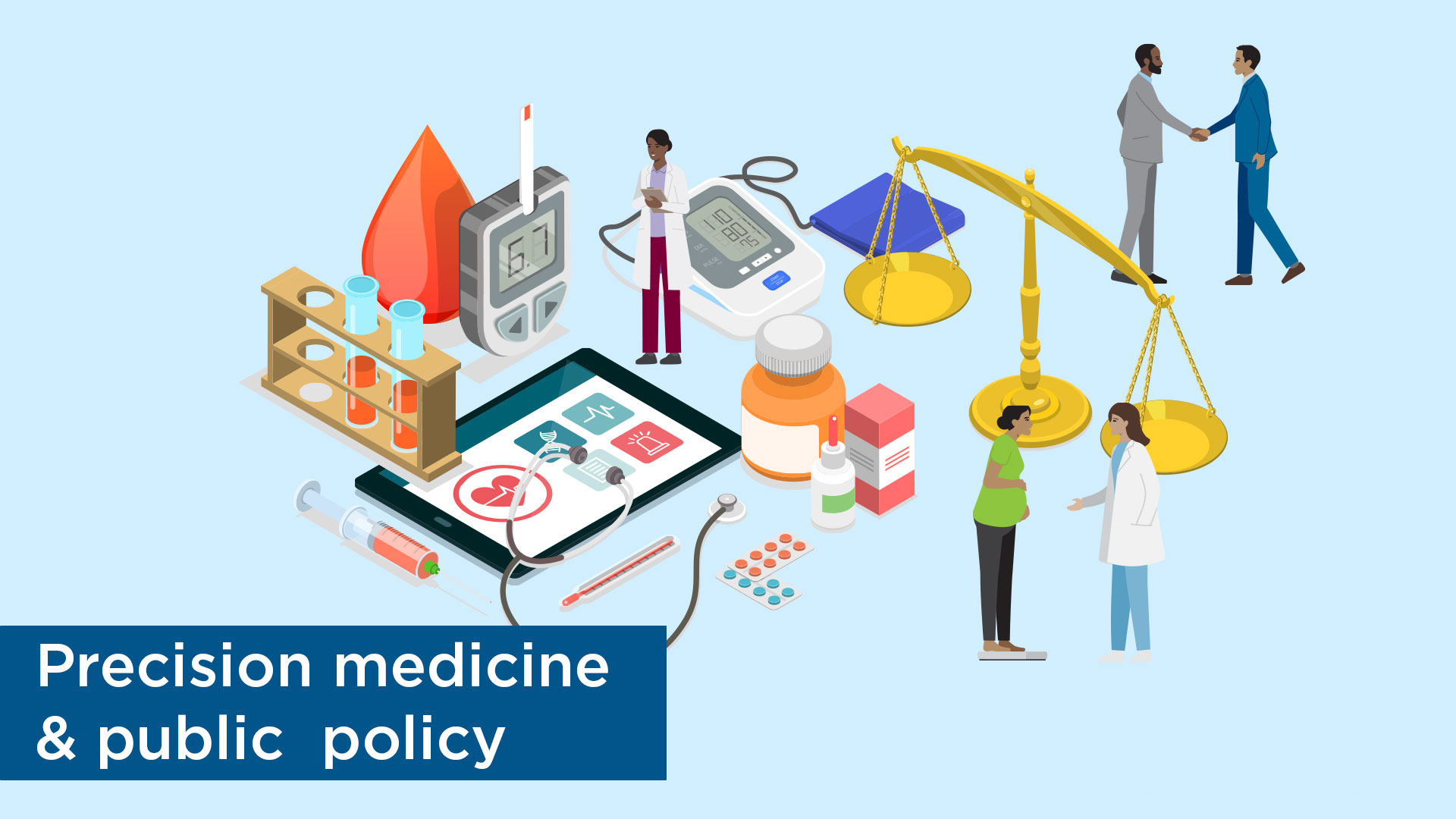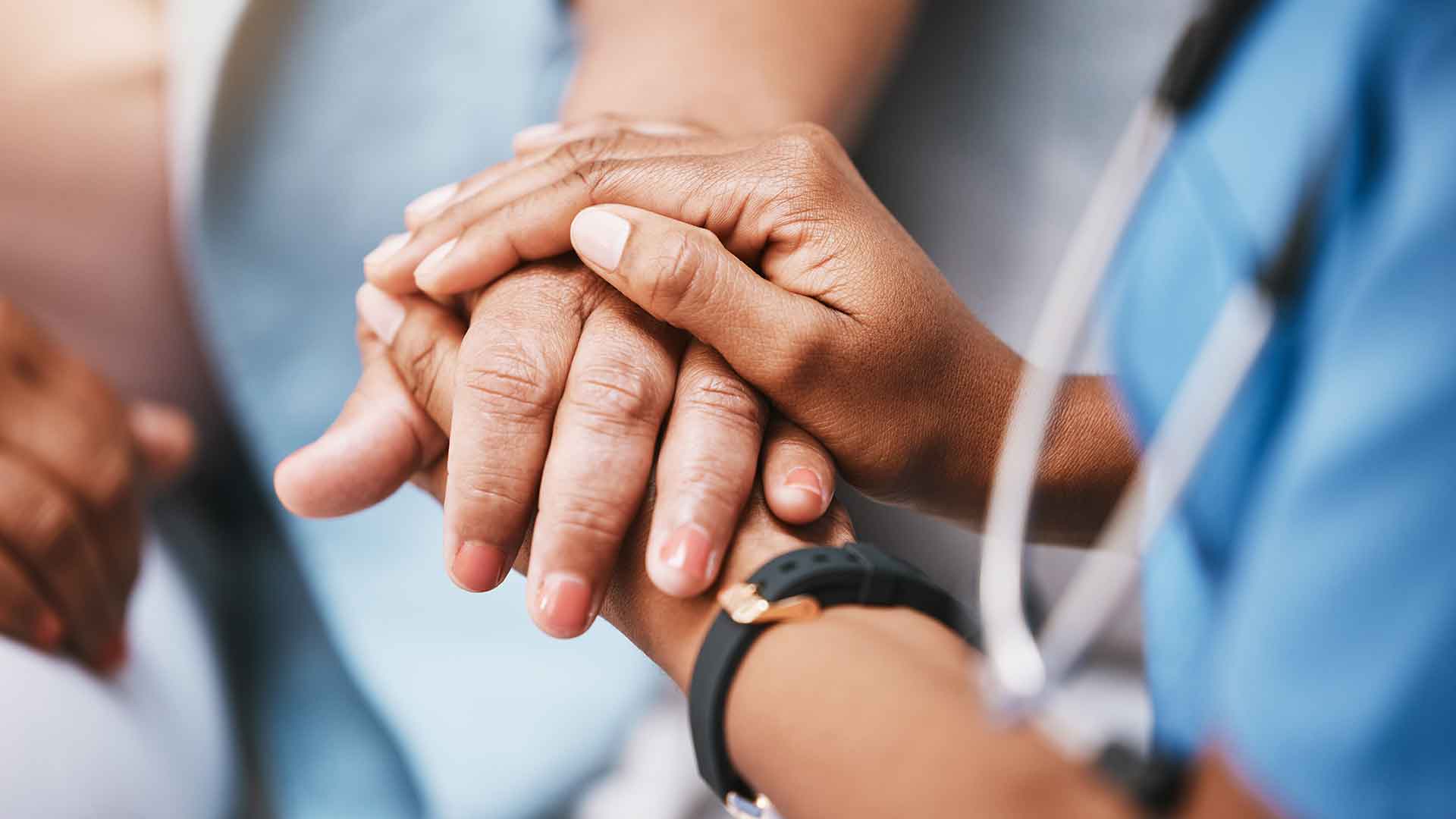Permanente physician leaders urge Congress to support advanced care-at-home, telehealth, AI regulation, and more to enhance patient care and reduce burnout.

Ending the injustice
Injustice anywhere is a threat to justice everywhere. … Whatever affects one directly, affects all indirectly.
—Martin Luther King Jr.

Over the weekend and last week, we have been gripped by grief and anger as we see played over and over the apparent murder of George Floyd. Unlike this unprecedented pandemic, the likes of this tragedy have sadly become all-too-commonplace, a recurring “acute on chronic” manifestation of systemic and systematic racism, implicit and explicit biases, and injustice. And yet, as great is the pain in all of us for this senseless taking of life, Martin Luther King Jr. declared: “Of all the forms of inequality, injustice in health care is the most shocking and inhumane.”
While accounting for 30% of the population in Chicago, African-Americans account for over 60% of the deaths from COVID-19. In Wisconsin, while less than 10% of the population, blacks account for more than 50% of deaths. As the most segregated state, Wisconsin ranks the second-highest for racial disparity in COVID-19 deaths. Health disparities and inequities among people of color existed pre-COVID. Yet this pandemic now intensifies insecurities—financial/ income, housing, food, transportation—all of which exacerbate the difficulties minorities all along have been facing in achieving health, and accessing and affording health care. The very same socioeconomic factors, pandemic or not, lead them to being disproportionately affected by chronic conditions with poorer outcomes, magnified now by COVID-19.
Worldwide, COVID-19 has infected over 6 million people to date and claimed nearly 400,000 lives, with more than 100,000 deaths in the United States alone. We have all been affected, personally and professionally—close to and in our homes, in our communities. Some of us have either directly themselves or have had loved ones taken ill. And, for our caregivers, we have treated many successfully, while mourning with families for those we could not save.
Across the country, COVID-19 is not only ending lives, it’s ending practices, businesses, and careers. Consumed by the work of preparing for the surge and for the next phase, and caring for others, we have not had the luxury of time nor of even peace to grieve—as yet another tragedy sweeps the country.
There is no making sense of what happened to Mr. Floyd. There are countless books that chronicle how and why we got here, though probably far fewer on what will cure and heal. But it begins and ends with each of us, as individuals. Equity, inclusivity, and diversity are active outcomes, perpetrated intentionally, by individuals, and made stronger as the sum of actions of individuals.
As physicians we all have a role in curbing “injustice in health care.” Whatever affects one directly, affects all indirectly. Together, we stand with our African-American brothers and sisters, friends, and colleagues in our communities. To them and all who have lost and grieve, we send our thoughts and prayers.
The tragedy of Mr. Floyd, like the tragedies of this pandemic, teach us our common humanity. We all share in the suffering and pain, and in our shared humanity, we, too, will find healing—the antidote to isolation and hate and the path forward to hope. Together.
Imelda Dacones, MD is president and CEO of Northwest Permanente, and serves as chair of the Permanente Federation’s National Permanente Executive Committee. This article is reprinted from LinkedIn. Follow her on Twitter @ImeldaDaconesMD.


